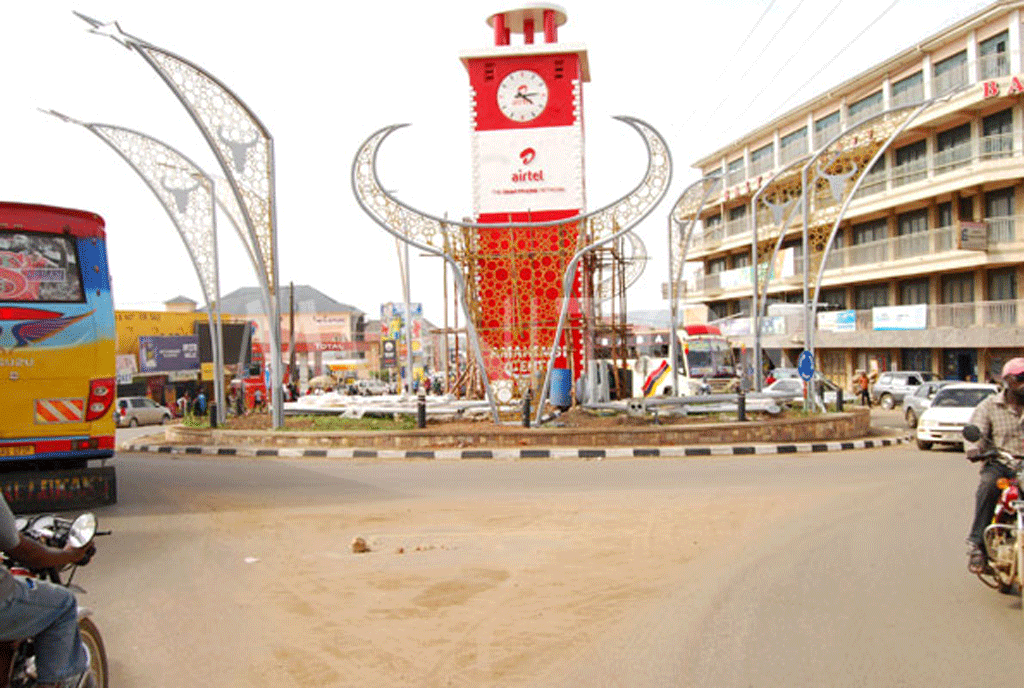Prime
Govt to enhance service delivery through increased property tax collection

A number of activities have already been conducted in Mbarara City under the Domestic Revenue Mobilisation for Development programme. PHOTO | FILE
What you need to know:
- Under the Domestic Revenue Mobilisation for Development programme, government wants to increase property tax collections in new cities from Shs6b to Shs26b by 2025.
Government of Uganda will use data to enable improved service delivery through increased property tax collections in new cities from Shs6b ($1.7m) to Shs26b ($7.3m) by 2025. Campaign activities that are held by Ripplenami Uganda, with support from USAID through the Domestic Revenue Mobilisation for Development programme (DRM4D), have been planned in Mbarara, Hoima, Fort-Portal and Gulu with the aim of educating property owners about tax compliance, with focus on fairness, equity and accountability considerations.
The need to support the update of property valuation and other activities to strengthen data collection to help in the digitization of the revenue register data bases is highlighted in the DRM4D quarterly report authored by USAID.
New cities: How MPs placed the cart before the horse
The report notes that this will be key in easing valuation processes which are currently costly and time consuming thus standing in the way of widening the property tax base and compliance.
“The targeted cities have a property tax revenue potential of at least Shs26b by 2025 up from the current Shs6b. Sustained support for the update of property valuation is therefore critical for sustainable service delivery,” the report notes, noting that the project which targets at least 10 cities, has so far been rolled out in five cities, among which include Arua, Hoima, Mbarara, Mbale and Soroti.
Mr Ramathan Ggoobi, PS Ministry of Finance, told Daily Monitor over the weekend that government is supported by a number of measures, including the DRM4D programme, that seek to increase the tax to gross domestic product ratio by 0.5 percent in the next five years.
“Over the medium term, we are looking at tax-to-GDP ratio of 16 percent but our potential is between 18 and 20 percent of GDP. So our target is to raise 0.5 percent per year for the next five years. We want to increase domestic revenue collection by 0.5 percent of GDP per year,” he said.
Uganda’s Tax to GDP ratio remains low, stagnating at under 12 percent over the years.
Over the years, a large portion of Uganda’s tax revenue has been concentrated in parts of Kampala and the central region. However, a number of efforts are underway to spread it to other parts of the country.
Tax compliance has largely been affected by low public confidence levels. Therefore, actives under the DRM4D programme such as the nation-wide 'Services & Fair Tax for Property Owners' campaign advocate for greater tax compliance by stressing fairness, equity, reciprocity, and accountability considerations.
Mr. Richard Mugisha, the Mbarara City deputy city clerk, said the sensitization campaign in Mbarara in May had been key in helping them to identify a number of properties that had for a long time not been paying tax.
After the evaluation exercise, he said, at least Shs5b will be raised from the local revenue.
According to Uganda Revenue Authority a number of Ugandans are not contributing to the tax basket; an estimated 2.4 million taxpayers are on the URA tax registers however records indicate there are more than seven million Ugandans engaged in income generating activities with a majority that is not contributing to the tax basket.




